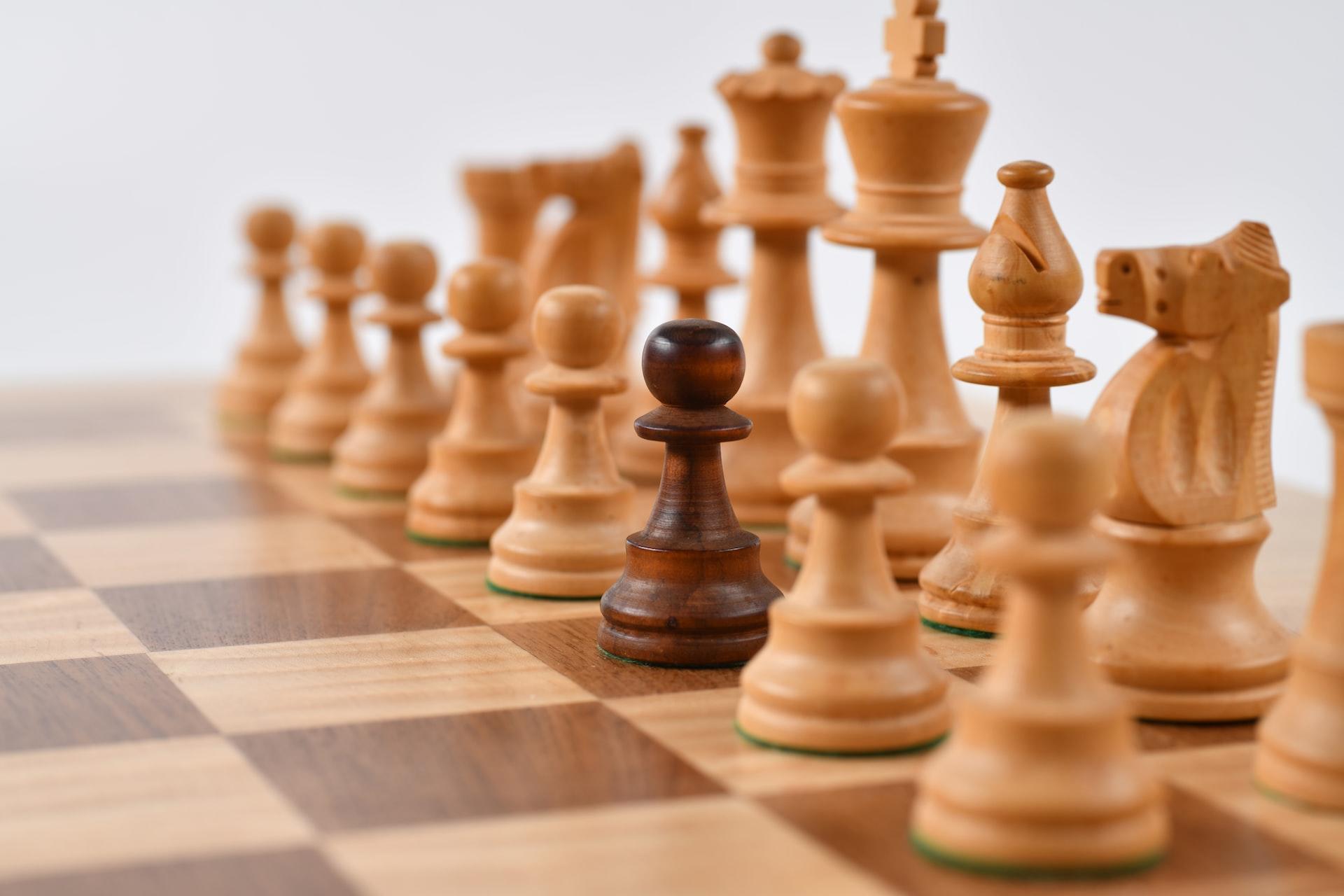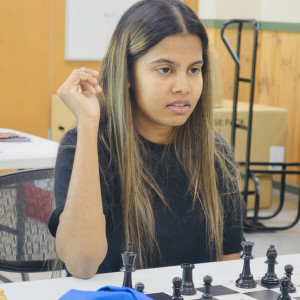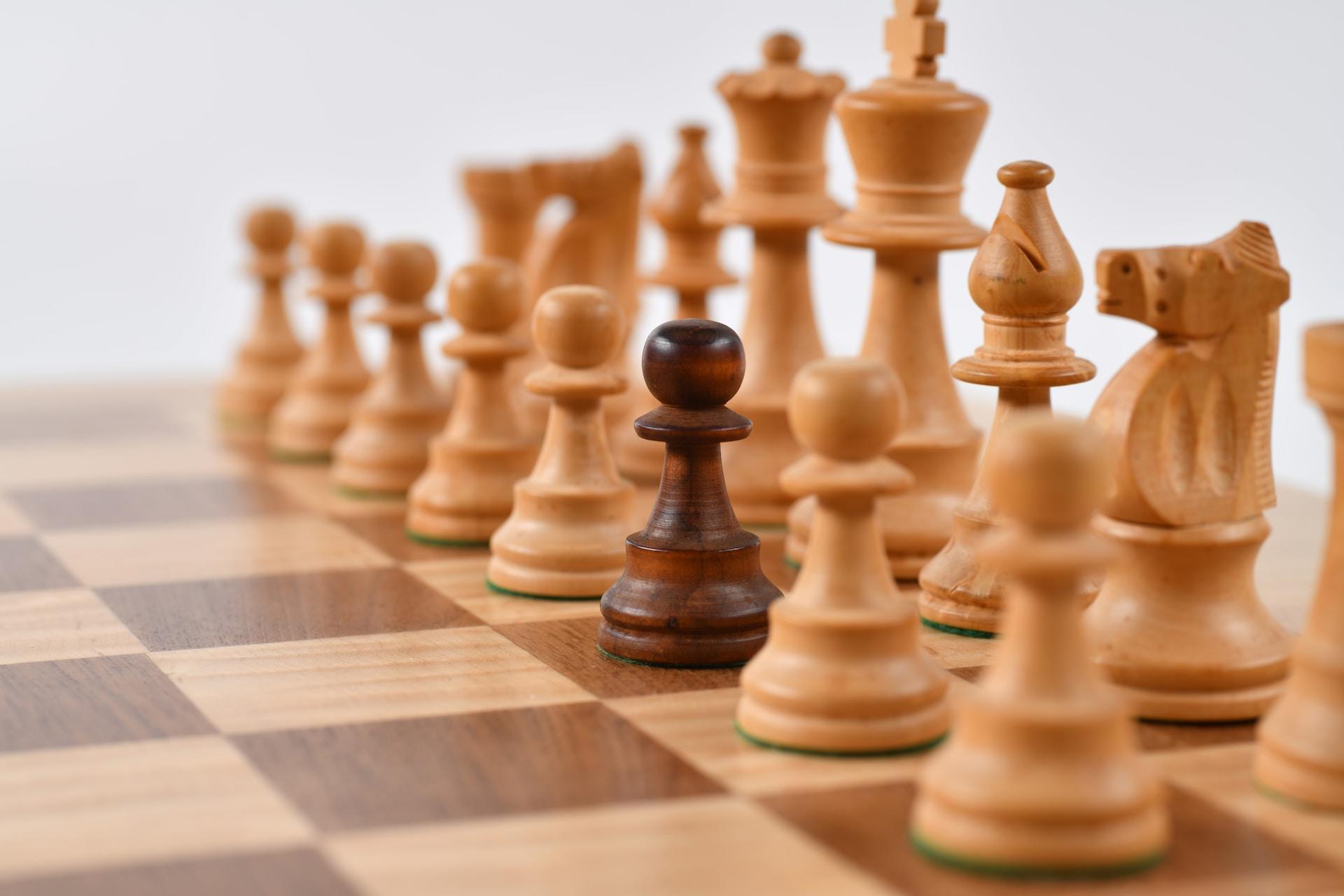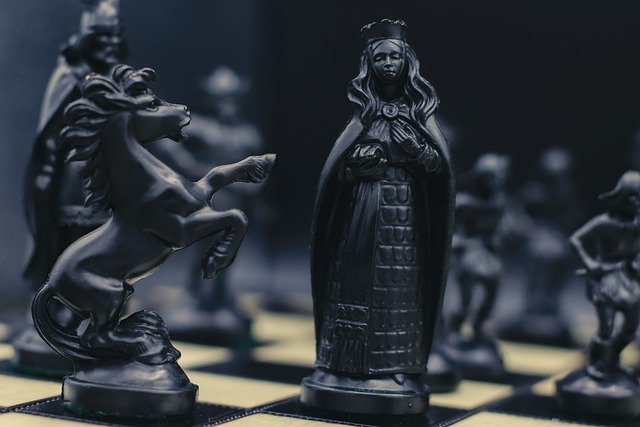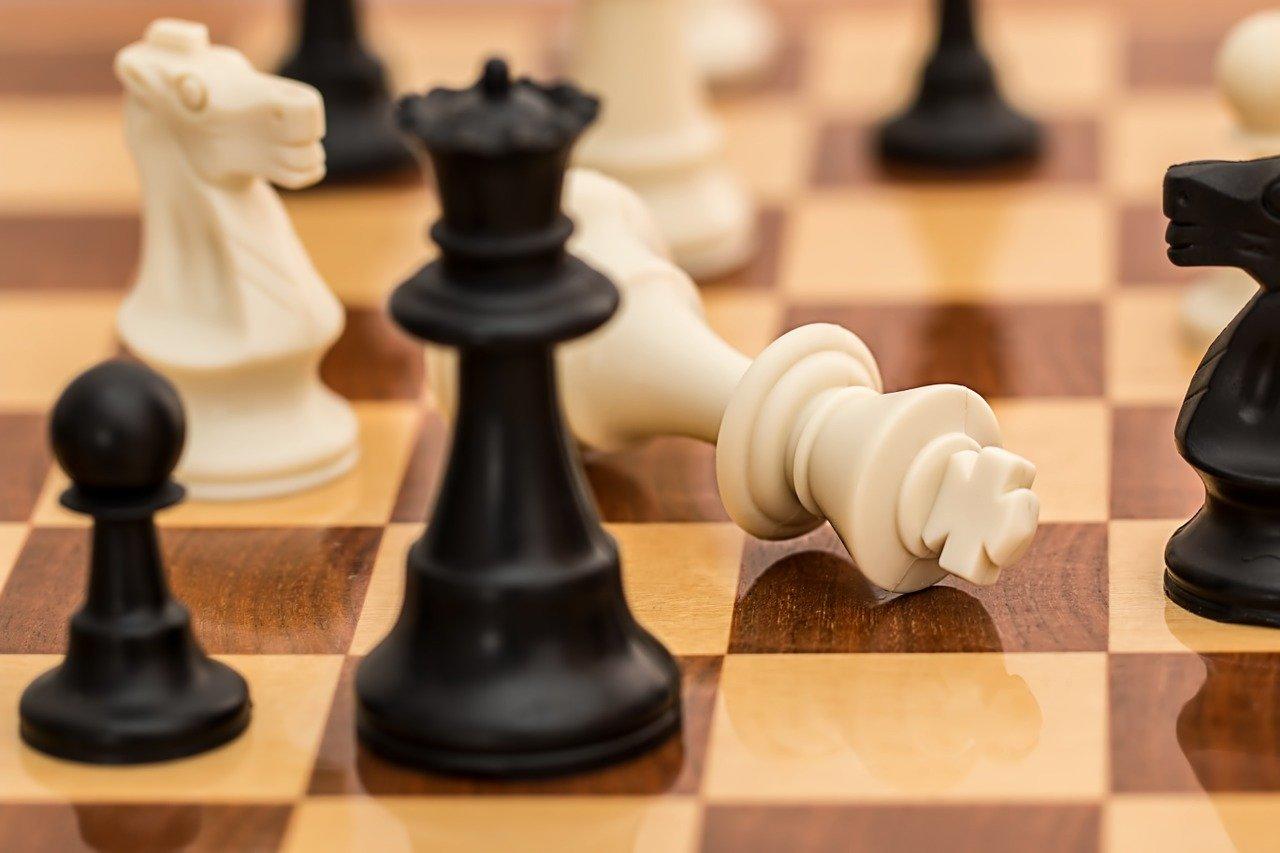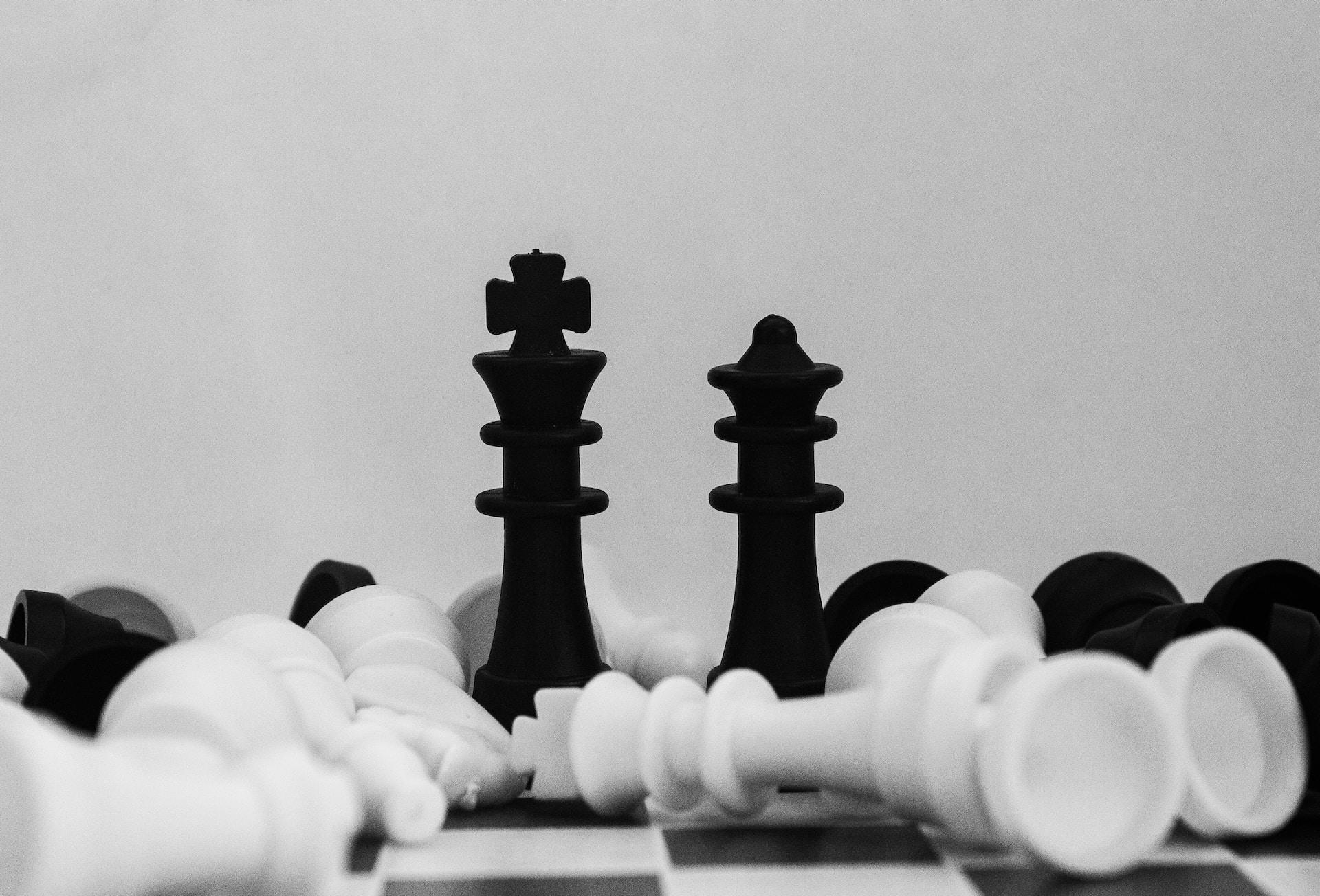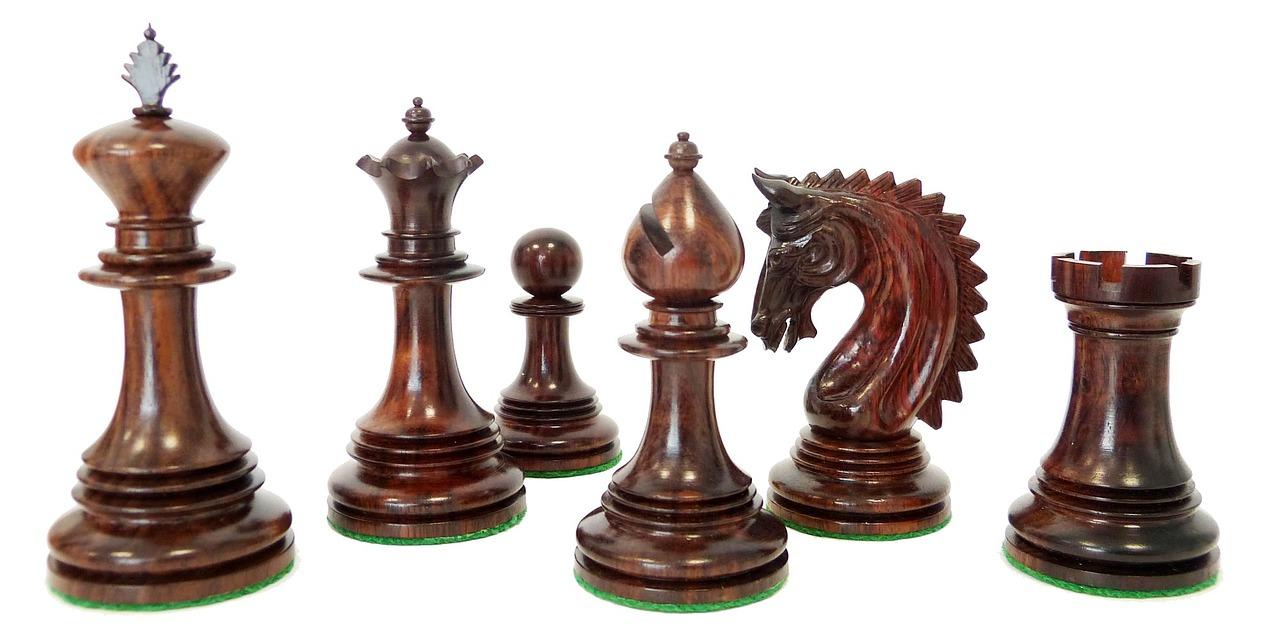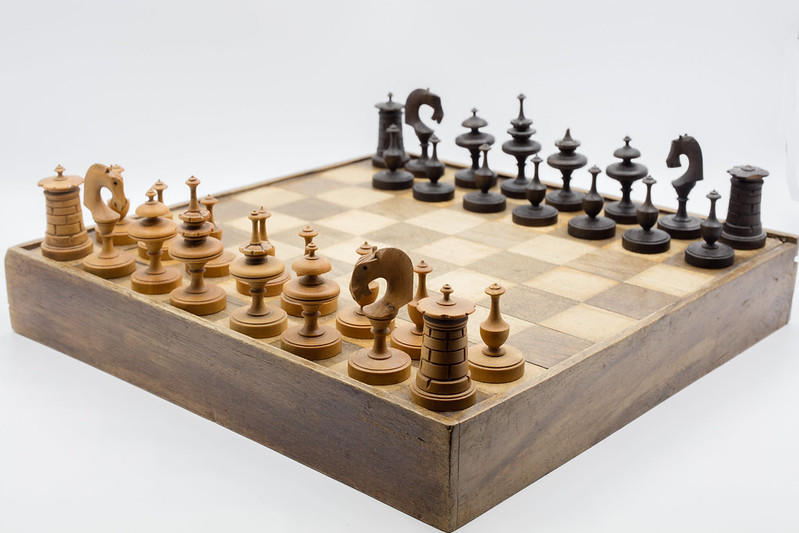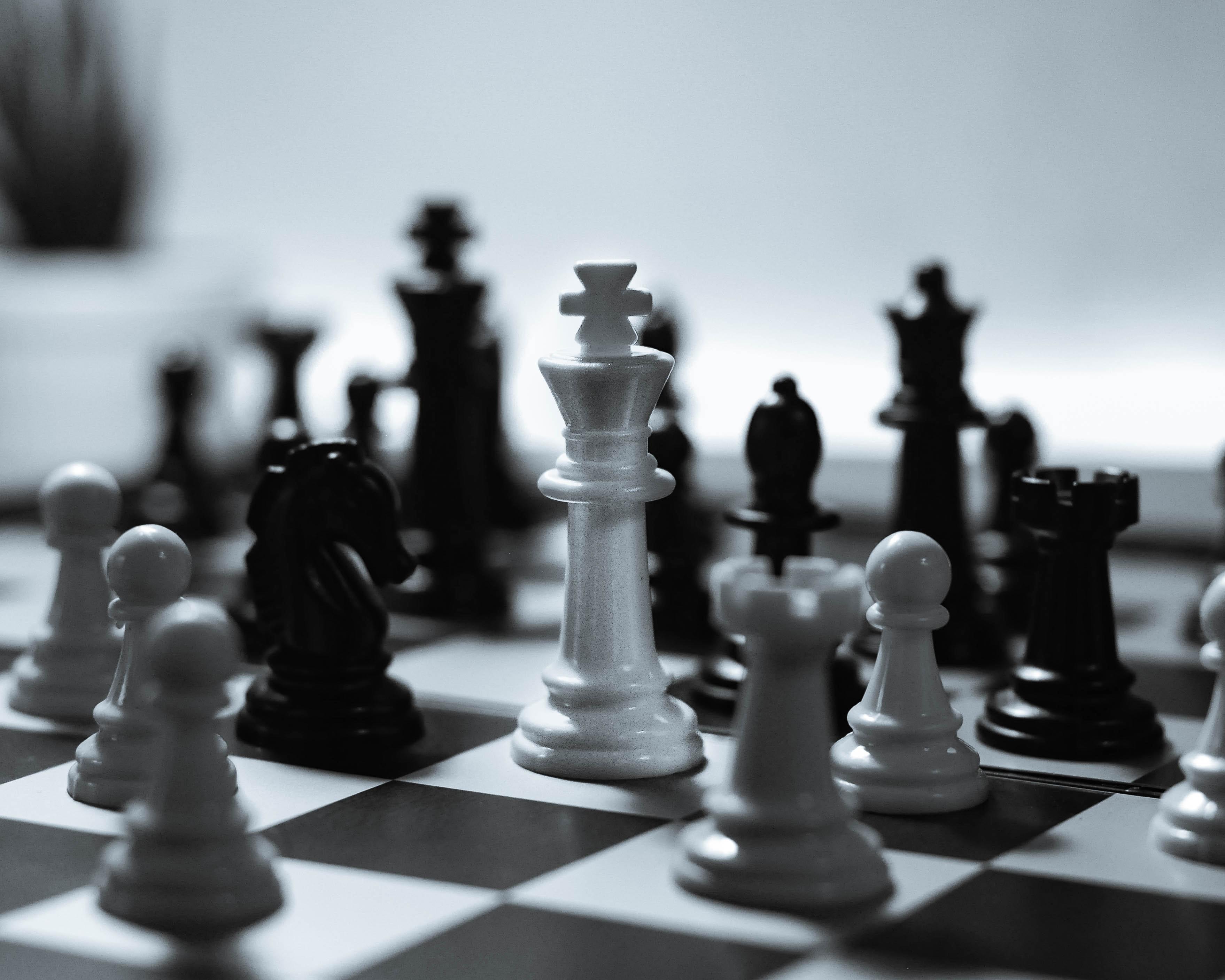If you're interested in chess, you may have seen players talking about their ratings. In the world of chess, as with many other sports, players' abilities are rated and you can use these ratings to quickly discern who are the best players in the world.
Even though chess can be very complicated, when it comes to winning and losing, it's actually surprisingly simple and quantitative. Unlike in team sports, where it can sometimes be difficult to perfectly discern each player's contribution to the team, a chess match only has two players and you can simply see who wins or loses and attribute the entire performance to them.
There's also the logic that beating a better or more highly-rated opponent is better than beating a lowly opponent. Once you apply a number (or numbers) to this, you can also quite simply adjust a player's rating according to their performance and who it was against.
As two chess players are using exactly the same equipment and the moves of each piece are clearly defined (you can't have half-moves or near misses), it's a beautiful game for mathematicians and statisticians, too.
This means that there's quite an elegant way to rank and rate players and the most commonly used is the FIDE rating, which belongs to the International Chess Federation (or the Fédération Internationale des Échecs in French, hence FIDE).
The rating is arguably better than some of the systems found in other sports and games, but it's still not perfect. After all, if a player is particularly weak in the middle game and constantly plays against players of a similar rating who excel in the middle game, they might regularly lose and see their ranking deteriorate.
However, across many games with a good variety of opponents, a chess rating system is useful for at least putting players against opponents of a similar or somewhat fair level.
There are other rating systems, too, but for simplicity, we'll be discussing the FIDE rating as it's internationally used and allows players from all over the world to compare their levels quite accurately.
If you're interested in becoming a rated chess player, here's basically everything you need to do.

Learn to Play Chess
The first and most obvious thing to do is learn how to play chess. If you can't play chess, you can't get a good FIDE rating. It's that simple.
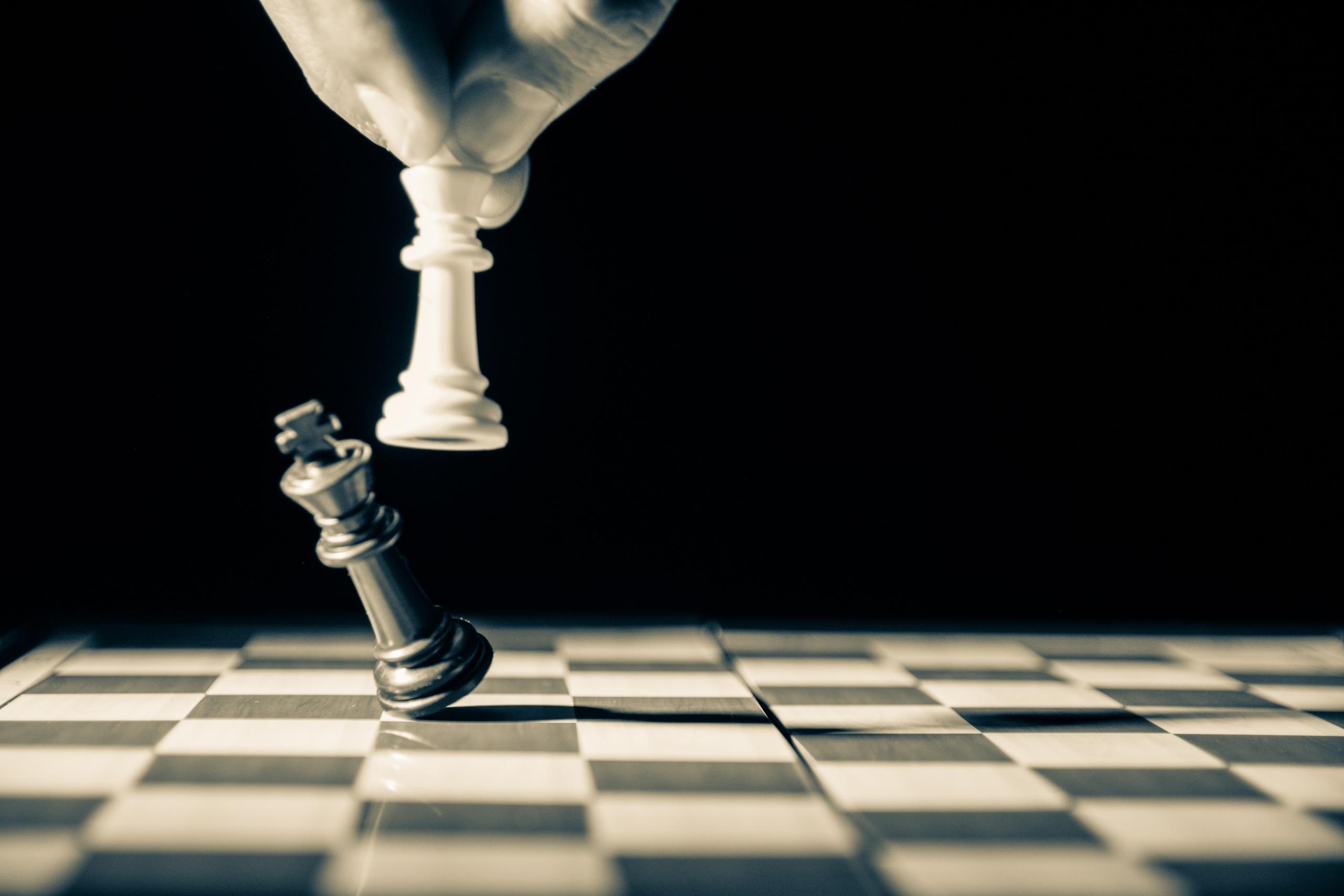
Fortunately for you, there are plenty of ways to learn to play chess, and if you're reading this, you're already using one of them; the internet.
There are lots of great chess websites that can teach you how to play the game. The most common one is chess.com, where you can learn how the game is played, practise, and play against other players and the computer.
If you want to learn more about the rules, specific moves, tactics, and strategies, there are also plenty of other great chess websites you can check out.
You could also go really old-school and read chess books and guides. Since the game of chess has been around for hundreds of years, people have studied it, the rules, and how to best play it for centuries.
Every chess Grandmaster (GM) will study chess and even the very best never stop studying and trying to improve their game so if you want to get anywhere remotely near them or just get a rating, you should consider studying, too.
How to Get a FIDE Rating
Once you know how to play, you can start working towards getting your FIDE (or other) rating. Put simply, to get a FIDE rating, you have to play matches. Not just any matches, though, but matches in rated tournaments.
As tournament play is essential to gaining and improving your FIDE rank, you need to make sure that you know how tournaments work.
Study Tournament Rules
For the purpose of fairness, chess tournaments have specific rules and are usually more structured than the casual games of chess you may play with family, friends, or people in the park.
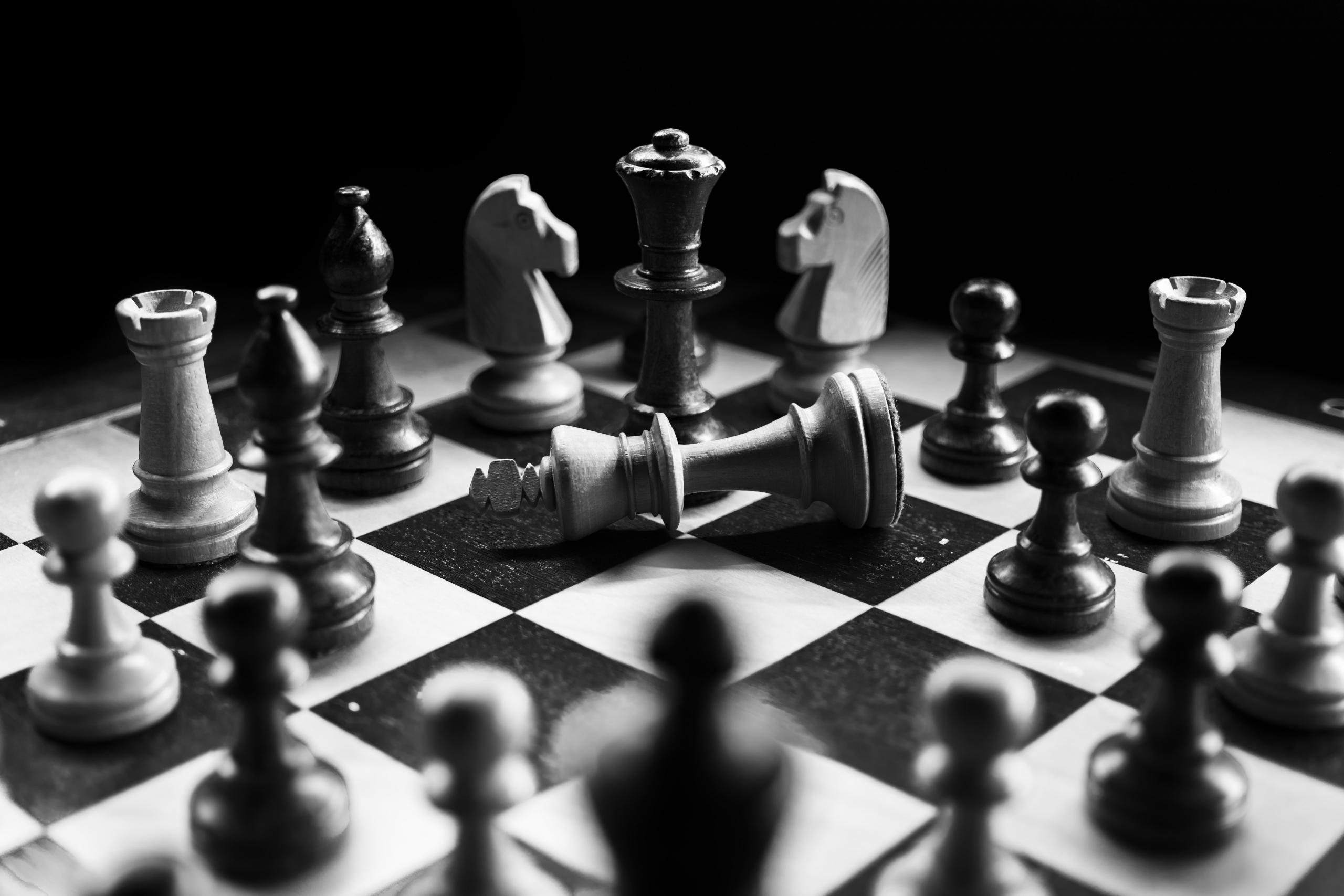
Different tournaments may have different rules and conventions, but there are a few common rules that tournaments almost always follow.
The touch move rule, for example, means that if you touch one of your pieces, you have to move it. Usually, it's only novice players that touch the pieces before they move them, but it's worth getting out of the habit if you're planning on playing in some of Australia's best tournaments.
Of course, there are exceptions if you accidentally touch or brush a piece (when reaching for another piece, for example) and most players will recognise that it wasn't intentional.
You can also adjust pieces on the board if they're poorly placed, for example, but you should always indicate this to your opponent before you go anywhere near the piece.
There are also rules about recording your moves and both players must be doing this in the event there are any disagreements or disputes.
Don't forget that there are clear rules about interfering with the game or other games taking place, which also extends to things like distracting players with your phone or other devices.

Attend Online Chess Matches and Tournaments
One of the most accessible ways to attend chess tournaments is online. You can use these to get a chess rating, too, but with the FIDE rating, for example, you can only get the FIDE online rating.
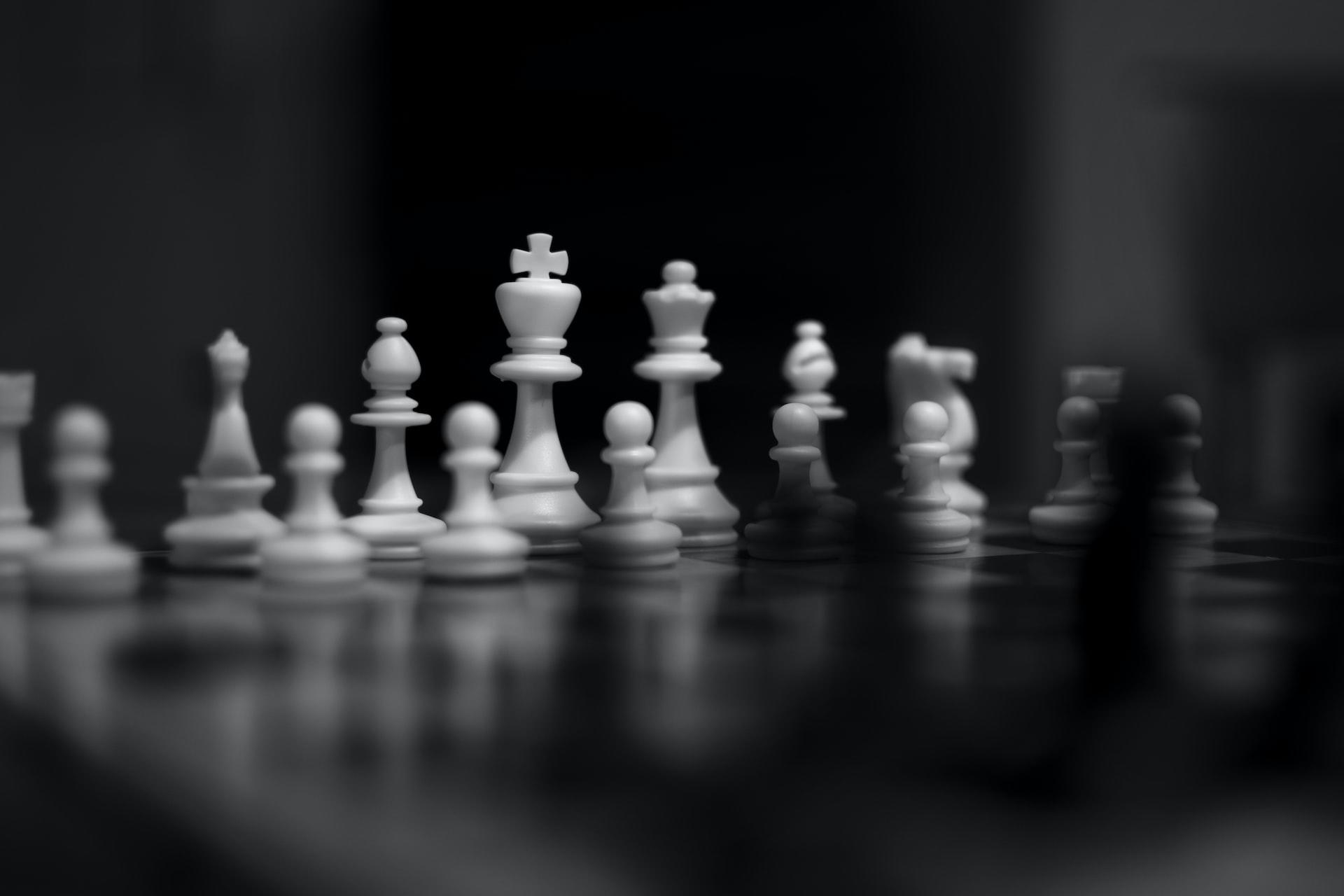
This isn't exactly the same as the original FIDE rating and only actually applies to online play, but for some players, it might be useful to get used to some aspects of tournament play by participating online and then getting your FIDE online rating first.
Online play is also a great way to regularly practise as you can find players from all over the world and it's much easier to find players at a similar level to yours online as you have a bigger pool of players ready to play a match without having to travel.
This is also a great way to practise at any time of the day. If you're busy during some of the times your local chess club meets and won't be able to find another way to practise or prepare for tournaments, playing online, other than touching the pieces, is technically no different than real life, at least in terms of the chess match itself.
Join a Local Chess Club
To ensure you're in the loop when it comes to chess tournaments and opportunities to gain or improve your rating, you should join your local chess club. As long as you don't live too rurally, you should be able to find a chess club, and even if you can't, you could always join a somewhat local chess club and play against them online if you can't make it to their meetings and sessions.
If you do attend your local chess club regularly, not only will you be able to play against them and improve your game, but you'll also hear about local tournaments and, most importantly, local rated tournaments.
If you're not part of a chess club, you can always find tournaments via local chess federations like the Australian Chess Federation, which has an events calendar on its website detailing tournaments, their location, the entry fees, and whether or not they're rated.
Compete in Local Tournaments
The good thing about tournaments is that they're often organised by level so even if your local chess club has a sporadic range of player abilities, a tournament should have you playing games against players with similar skills to you.
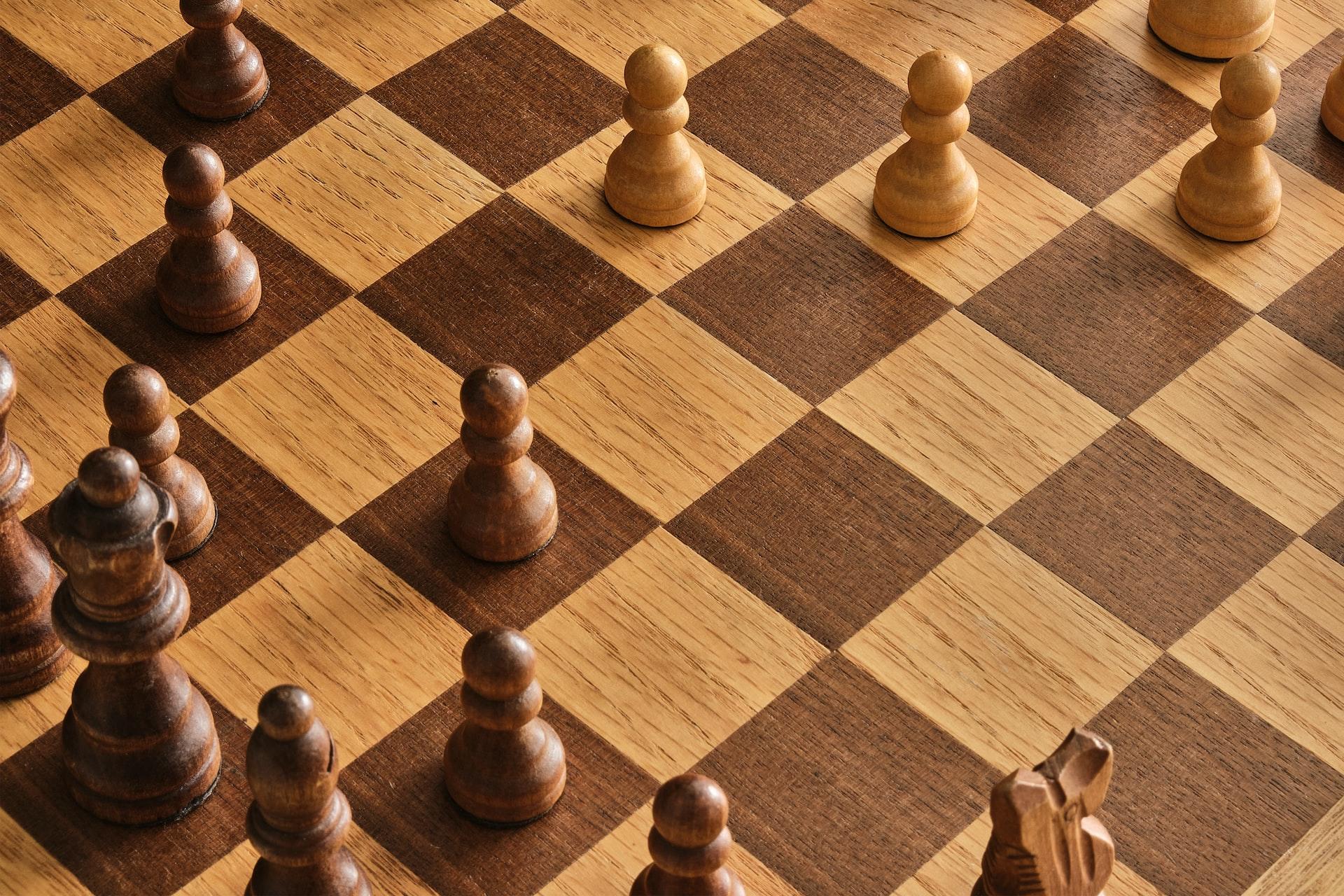
If you play in rated tournaments and win matches, you'll gain points towards either your initial rating or improve your current rating. Keep in mind that not every tournament is rated. This basically means that the results won't be reported to and/or considered by FIDE for the purpose of player evaluation and rating.
Get Chess Rankings by Competing in Tournaments with Rated Players
In rated tournaments, you also have to play against rated players. You can't play against unrated opponents as FIDE won't have anything to go off.
It might be tempting to play higher-rated players (or even Australia's best players) and while this is good for improving your play, there's little to be gained when your opponent is significantly better than you as.
Before you get your initial rating, there are several requirements you have to consider. Currently, players have to play against 3 FIDE-rated players and score at least 1 point (either through 1 win or 2 draws).
Once you have your rating, you can improve it through tournament play, but you can also have it decrease through losses. If your rating drops below 1000, you are no longer considered rated and will have to go through the process again to regain your rating.
The best way to avoid this is by practising, playing regularly, and studying to improve your chess game. Your rating is a useful indicator of your level so you can use it to make sure you're playing against players of a similar level but also use it to find better players to play against and to learn from.
Good luck!
Summarise with AI:

